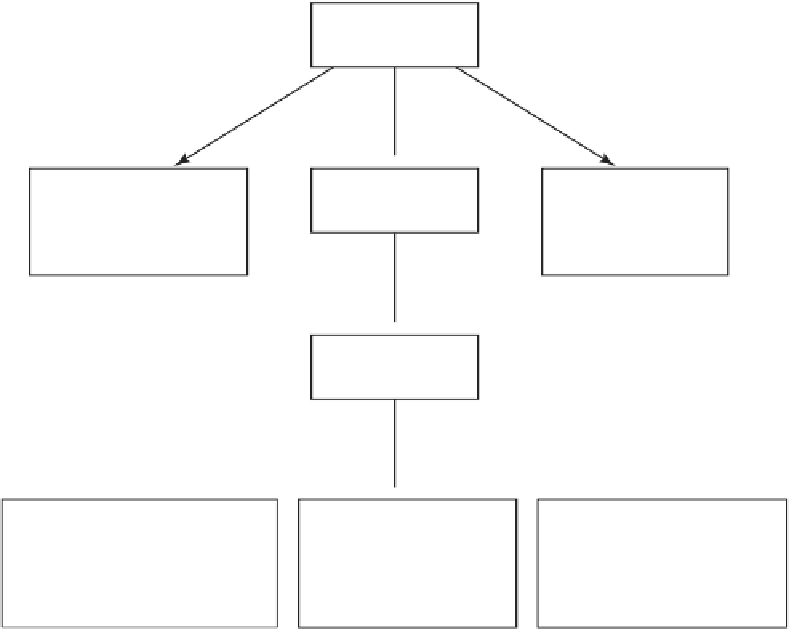Information Technology Reference
In-Depth Information
anism, and social contract theory are rule based. According to these theories, an action
is morally right if it is in accord with a correct moral rule.
Each of the rule-based theories has a different way of determining if a moral rule
is correct. A Kantian relies upon the Categorical Imperative. A rule utilitarian considers
what the long-term consequences of everyone following the rule would be for the total
good. An adherent of social contract theory considers whether rational people would
agree to accept the rule, for everyone's mutual benefit, provided that everyone else agreed
to follow the rule as well.
Unlike the other theories, which focus on the act itself or the consequences of the
action, virtue ethics focuses on the agent. The purpose of the analysis is to carefully
examine the action taken by an agent in a particular situation to determine if that action
is characteristic of a virtuous person.
These differences among the theories are presented graphically in Figure 2.10.
What makes an
action morally right?
It results in the maximum
net increase in the total
good of the afected parties.
(ACT UTILITARIANISM)
It is in accord with a
correct moral rule.
It is consistent with the
actions of a virtuous
person.
(VIRTUE THEORY)
What makes a
moral rule correct?
We can imagine everyone following
this rule all the time without
producing a logical contradiction
that undermines the rule.
(KANTIANISM)
The efect of everyone
following this rule all the
time would be the greatest
increase in the toal good.
(RULE UTILITARIANISM)
Rational people would
collectively accept it as binding
because of the resulting
beneits to the community.
(SOCIAL CONTRACT THEORY)
FIGURE 2.10
Comparison of the five workable ethical theories. All of these theories explicitly
take people other than the decision maker into consideration, assume that moral good and
moral precepts are objective, and rely upon reasoning from facts and commonly held values.





